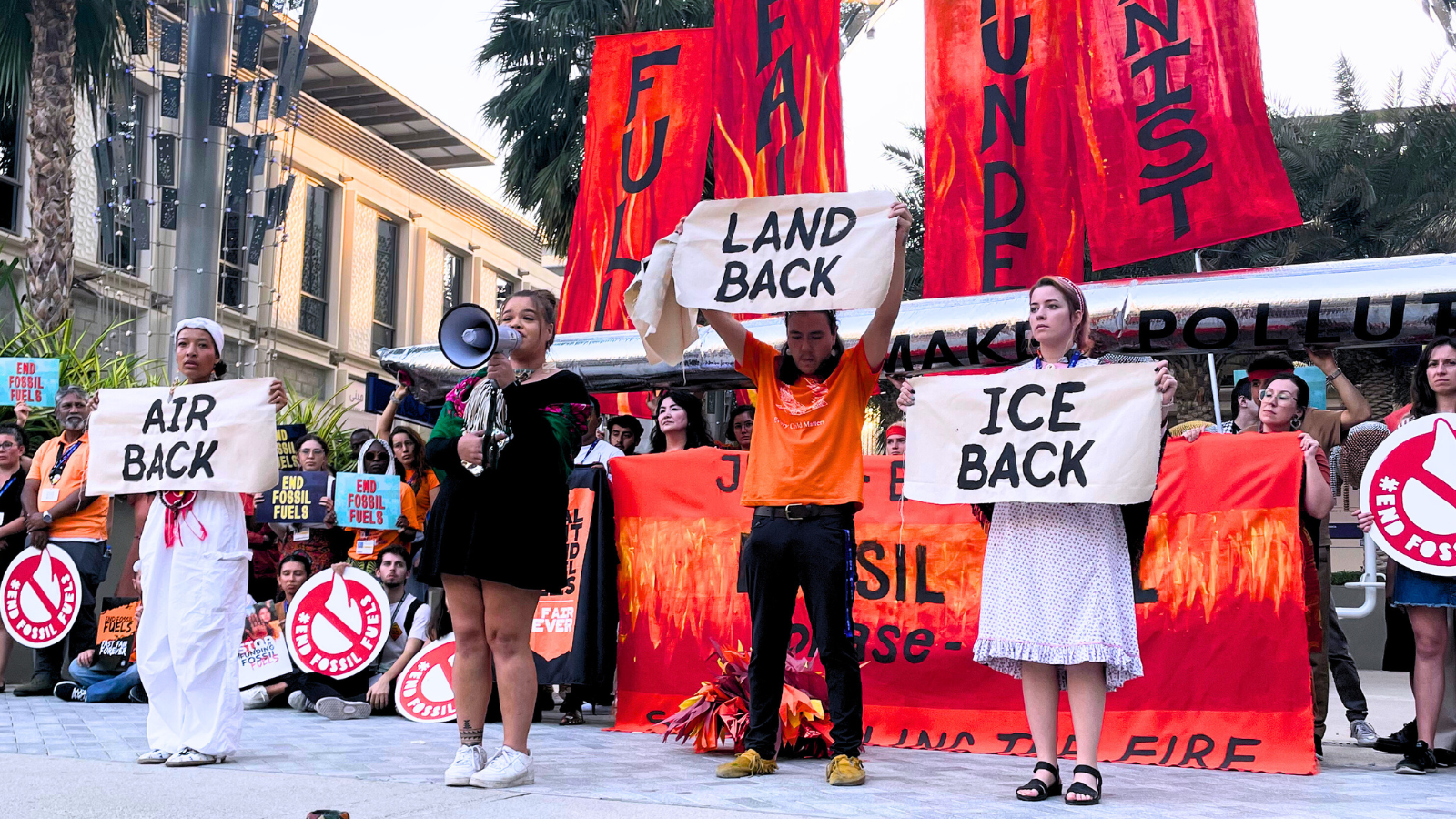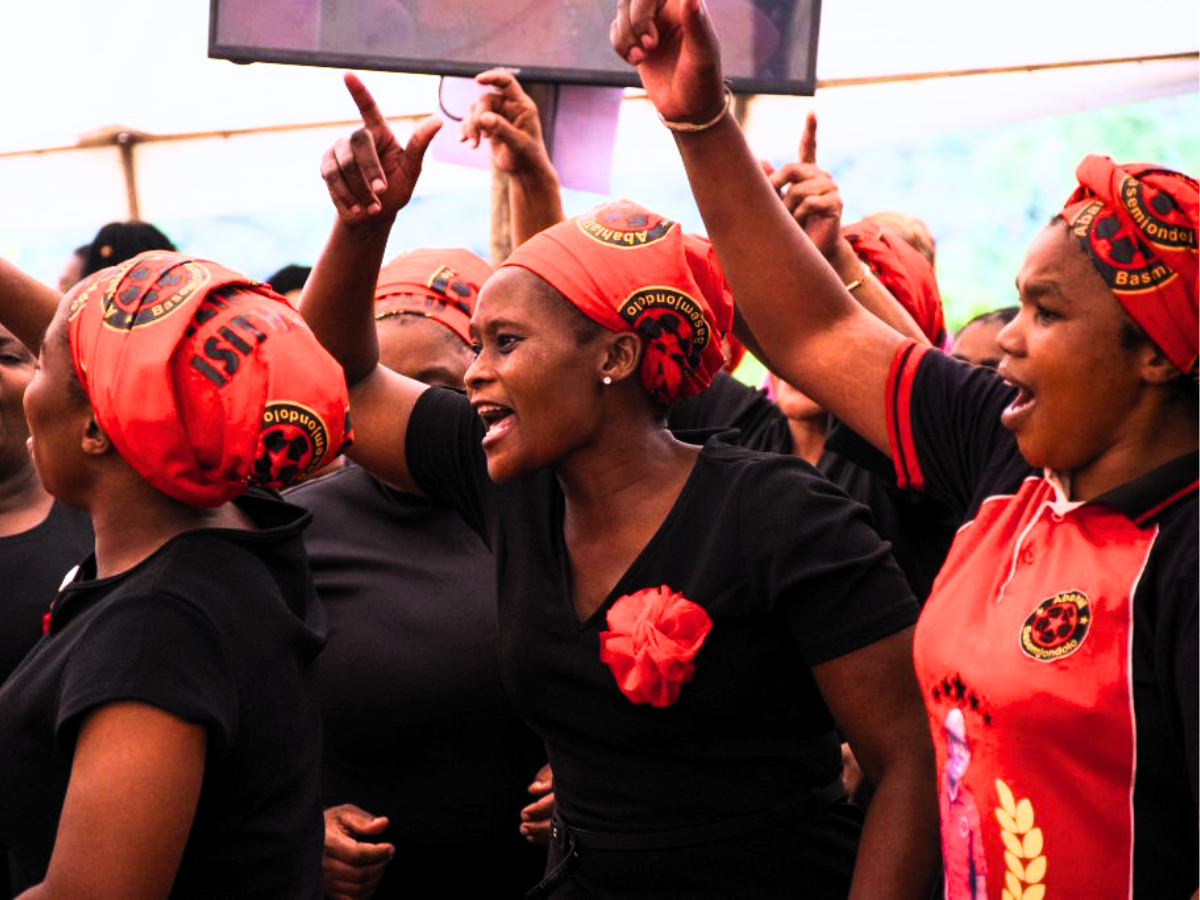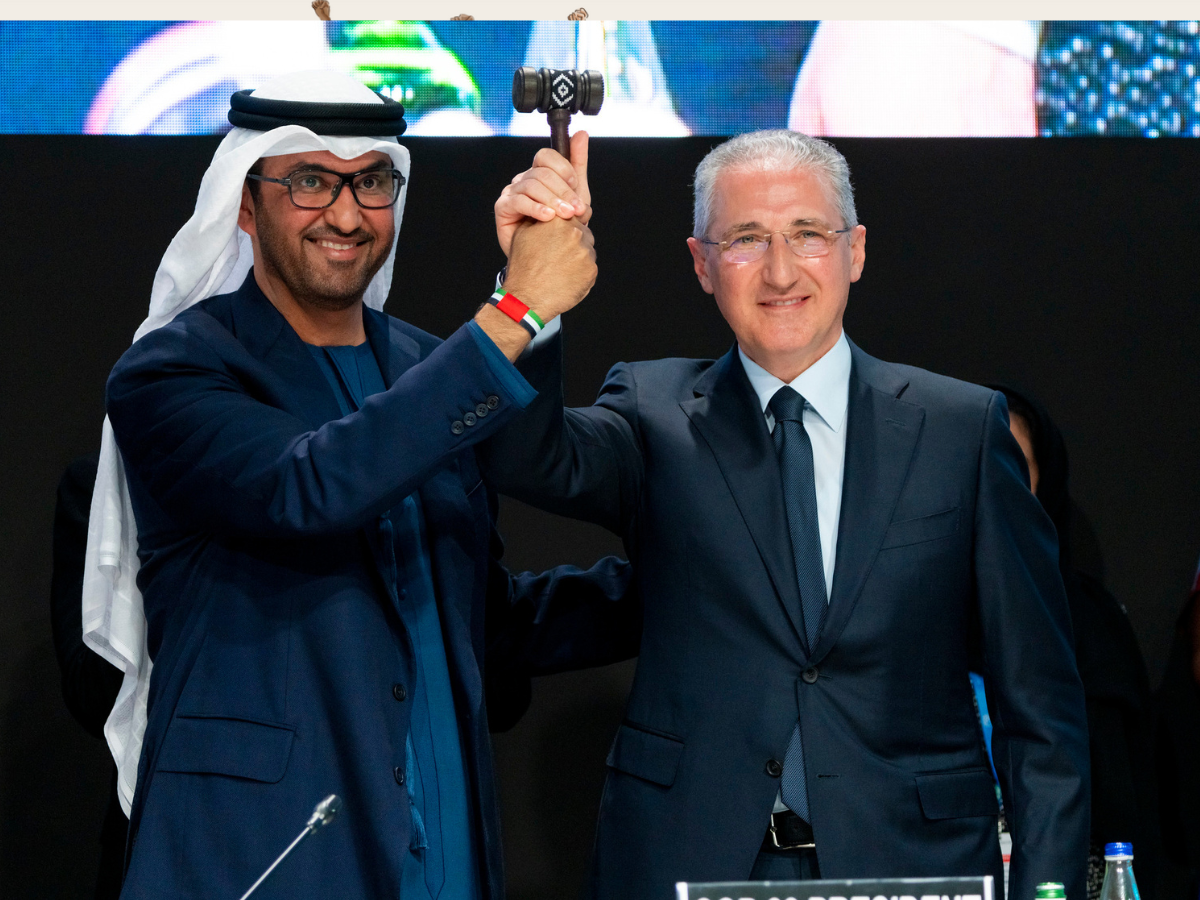Climate change impacts have highlighted deep inequities in global responsibilities and resources. Advocates assert that the Global North, as the historical driver of emissions, has both a moral and legal obligation to compensate the Global South for the disproportionate losses it suffers due to climate impacts. Moving forward, this requires systemic shifts in financial mechanisms, global governance, and climate action centered on human rights.
As COP29 continues in Baku, climate justice advocates gathered for press conference to underscore that addressing loss and damage from climate change is not an act of charity, but a fundamental human rights obligation. The panelists included Patricia Miranda Wattimena of ESCR-Net, Elisa Morgera, United Nations Special Rapporteur on Climate Change, Chiara Liguori of Oxfam, Lien Vandamme of the Center for International Environmental Law (CIEL), Eduardo Giesen from the Global Campaign to Demand Climate Justice (DCJ) in Latin America and the Caribbean, and Adrian Martinez Blanco of La Ruta del Clima. Watch the full press conference here:
Those who have long benefited from a carbon-intensive, exploitative model of development… are now confronting the crisis created by this extractivist model.
Under human rights law, those who suffer harm to their rights are entitled to remedy… including full reparations.
More than 80% of climate finance in our region is provided as credit, which only adds to the debt burden of our countries.
The Pacific region has seen climate impacts grow by 700% in the last decade… amounting to 14.3% of total Pacific GDP per year.
We need to strengthen the evidence base for climate decision-making at all levels, integrating loss and damage as a human rights issue.
More on COP29
11/05/2024
Article | News & Events
Our members will be in Azerbaijan (Nov 11-22), pushing hard to dismantle imperialist, corporate-driven climate narratives, calling out false solutions, and ensuring that human rights and intergenerational justice aren’t sidelined but lead the charge in shaping a fairer, more just and equitable future for all.




